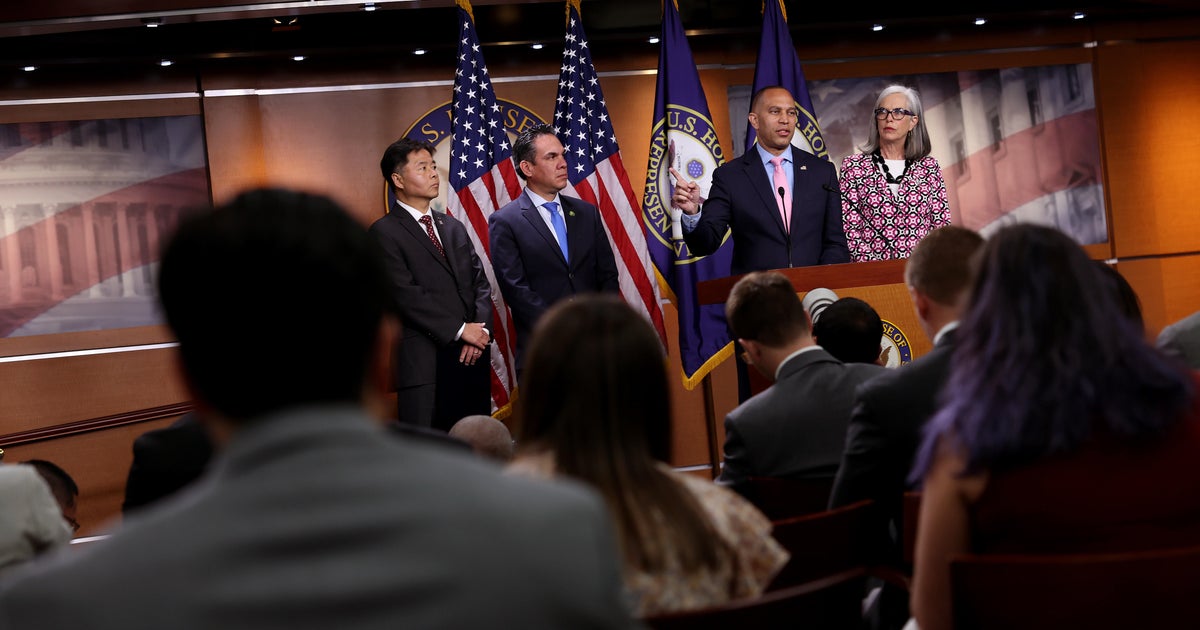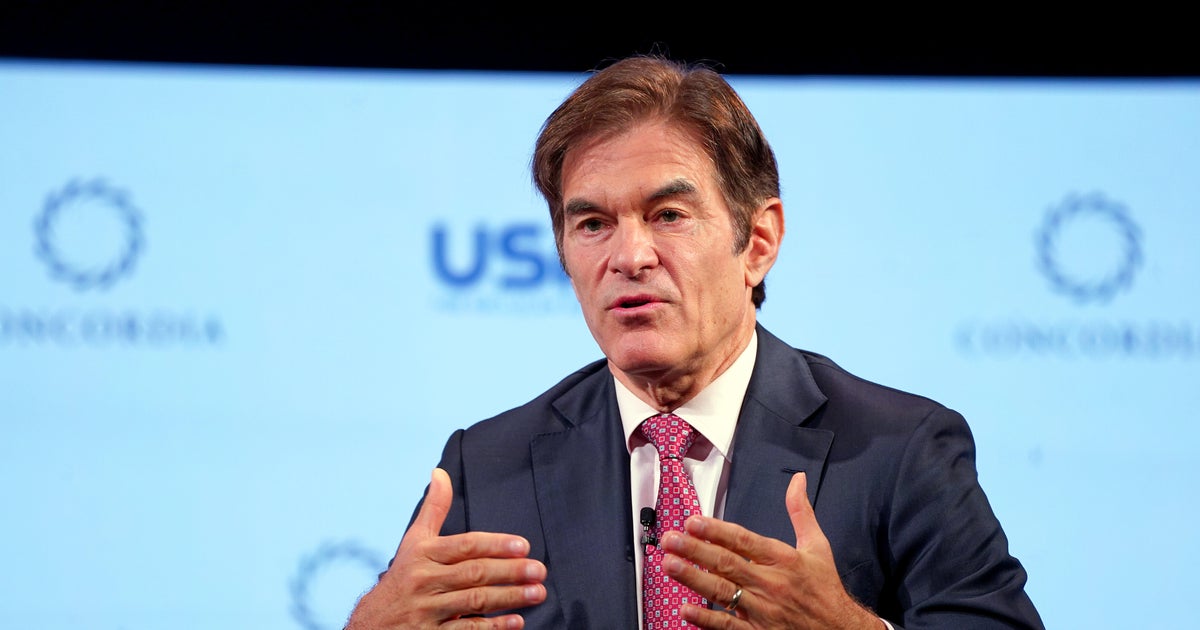Pete Buttigieg's answer to "Medicare for All" includes a public option
Pete Buttigieg released his health care plan, built around a "Medicare for All Who Want It" approach that draws a clear contrast with the proposals of Bernie Sanders and Elizabeth Warren. Unlike the single-payer system advocated by Sanders and Warren that would force people to give up their private insurance, Buttigieg's plan would allow people to keep their private insurance if they prefer it.
The plan showcases Buttigieg's pitch to voters as a candidate willing to take a measured position that speaks to the needs of a Democratic electorate that may be wary of the upending of the U.S. health care system that the progressives in the race argue the country needs.
The plan, which the campaign says would cost $1.5 trillion over a decade, is aiming for universal coverage by providing insurance in a variety of ways, depending on an individual's insured status and income:
- Those who live in states that have not expanded Medicaid, who have lower incomes and who are uninsured would be automatically enrolled in the public plan.
- People who can buy insurance through their employers but choose not to because it's too pricey would also be able to enroll in the public option and would also receive subsidies based on their income levels to make the insurance affordable.
- Middle-income families who can't afford health insurance would also be eligible to receive subsidies and could enroll in either public or private insurance plans.
- The public plan, Buttigieg claims, would provide "the same essential health benefits as those currently available on the marketplaces."
And there would be a "natural glide-path" to Medicare for All if the public alternative is more popular that private insurance plans.
"For years, Washington politicians have allowed the pharmaceutical industry, giant insurance companies, and powerful hospital systems to profit off of people when they are at their sickest and most vulnerable," Buttigieg said in a statement. "My 'Medicare for All Who Want It' plan will create a health care system that puts power in the hands of each American."
Buttigieg is betting that the Medicare for All Who Want It format will force private insurance companies to lower their prices to compete with the public option in his proposal.
"We don't have to command people to abandon their private care, because whether it's Medicare Advantage on the Medicare side or whether it's hard-won union healthcare plans that people have bargained for and fought for, I still think my plan's going to be better," Buttigieg said at a recent Spartanburg, South Carolina town hall. "I'm just going to put that to the test, rather than order people to come under our plans."
The South Bend mayor has made this point repeatedly. He brought it up in the third presidential debate, arguing that the single-payer health care that Sanders and Warren support deprives Americans of their ability to make decisions about their health care.
As he put it, "I trust the American people to make the right choice for them. Why don't you?
Paying for the plan
The plan, $1.5 trillion over a decade would be paid for, according to the campaign, by cost savings and reforming the corporate tax code so that bigger corporations pay their fair share.
Cost for patients
In order to make marketplace coverage more affordable, Buttigieg plans to cap premium payments at 8.5% of an individual's income and to link subsidies to higher-level plans. He proposes tightening restrictions on association health care plans and expanding cost-sharing reduction payments.
Buttigieg also addresses the high out-of-pocket costs seniors on Medicare have to pay. To lower the costs, Buttigieg calls for a cap on the out-of-pocket Medicare costs, as well as lowering the caps for low-income seniors.
Buttigieg would lower premiums by ensuring that health care providers and hospitals charge no more than twice what Medicare would pay for out-of-network services. He would also end surprise billing by requiring all "bills related to in-network facilities be billed as in-network."
"Hospitals, not patients, should bear the responsibility of verifying that their providers are included in their insurance networks, whether for private plans or public programs," the plan states.



